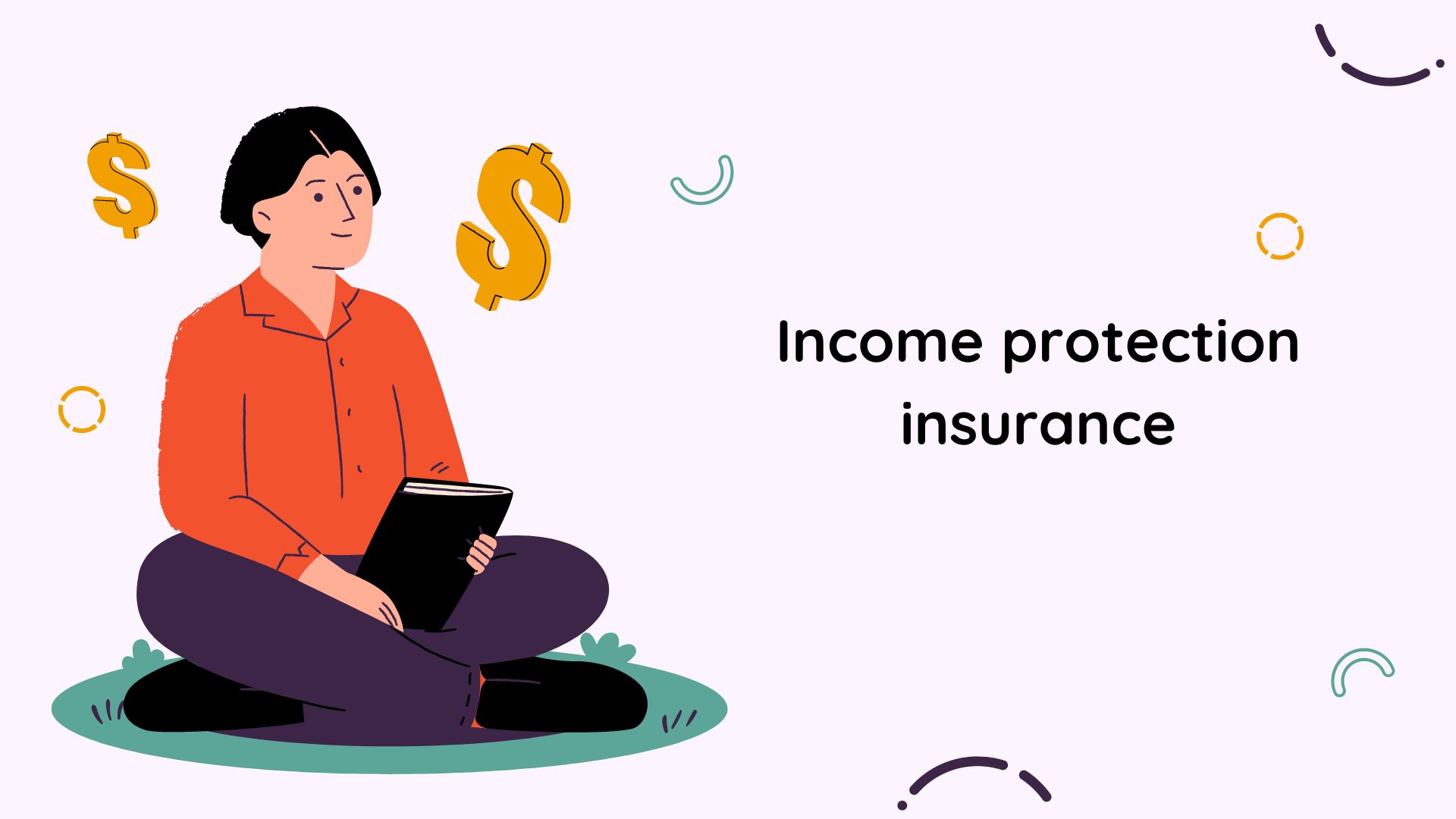Essential Income Protection Insurance: Safeguard Your Financial Future with Reliable Coverage
Income Protection Insurance is a critical safeguard for maintaining financial security during unexpected health challenges that prevent you from working. This insurance provides a steady income replacement, often covering 50-70% of your salary, ensuring that essential expenses like mortgage payments, utilities, and daily living costs are manageable. Policies are tailored to individual needs, offering coverage until recovery or the policy term ends.
This type of insurance is particularly valuable for self-employed individuals or those without robust sick leave benefits. It also complements health insurance, as it directly addresses income loss rather than medical bills. Income Protection Insurance gives you the confidence to focus on recovery without the added stress of financial instability. With flexible terms and options, it is an indispensable tool in planning for life’s uncertainties.
Table of Contents
What Is Income Protection Insurance?

H1: Understanding Income Protection Insurance
Income Protection Insurance provides essential financial security when unforeseen circumstances, such as illness or injury, prevent you from working. Unlike other insurance types, it delivers regular payments, typically a percentage of your salary, to replace lost income. This ensures that critical expenses like rent, mortgage, utilities, and daily living costs are managed effectively during times of hardship.
Ideal for self-employed individuals or those lacking sufficient sick leave, this policy acts as a safety net, allowing you to focus on recovery while maintaining financial stability. Customizable plans make it suitable for varied needs, offering peace of mind and reliable protection.
Why Do You Need Income Protection Insurance?
H2: The Importance of Income Protection
Your income is the cornerstone of your financial stability and lifestyle. When unexpected events such as illness or injury disrupt your ability to work, the impact can be devastating, making it difficult to manage daily expenses, repay debts, or sustain your standard of living. Income Protection Insurance acts as a vital safety net by providing regular income replacement during such times, helping you maintain financial security. This coverage ensures peace of mind and stability, allowing you to focus on recovery without worrying about mounting financial burdens.
H3: Benefits of Income Protection Insurance
- Here are some additional points for your SEO-focused content:
- Tax Benefits for Policyholders: In many cases, premiums are tax-deductible, offering savings while securing your income.
- Quick Claim Process: Streamlined procedures ensure you receive your benefits without delays.
- Comprehensive Coverage: Protects against a wide range of illnesses and injuries that may prevent you from working.
- Short-Term and Long-Term Options: Customize your plan based on how long you need financial protection.
- Peace of Mind for Families: Helps support your loved ones in case of a sudden loss of income.
- These features make Income Protection Insurance an essential tool for maintaining financial stability during challenging times.
Types of Income Protection Insurance
H2: Short-Term vs. Long-Term Coverage
- Short-Term Income Protection: Provides coverage for a fixed period, often up to two years.
- Long-Term Income Protection: Continues payments until retirement, recovery, or the policy term ends.
H3: Comprehensive vs. Budget Policies
- Comprehensive Policies: Offer broader coverage but may have higher premiums.
- Budget Policies: Cost-effective options with limited coverage.
How to Choose the Right Policy
H2: Key Factors to Consider
- Waiting Period: The time before payments begin, typically 4, 13, or 26 weeks.
- Benefit Period: How long you’ll receive payments.
- Premium Type:
- Level Premiums: Fixed rates over time.
- Stepped Premiums: Start lower but increase with age.
- Exclusions: Check for conditions not covered under the policy.
H3: Tailoring Policies to Your Needs
Evaluate your:
- Current Income and Expenses
- Existing Savings and Employer Benefits
- Potential Risks and Job Stability
How Much Does Income Protection Insurance Cost?
H2: Factors Affecting Premiums
- Age: Younger individuals often pay lower premiums.
- Occupation: Riskier jobs may result in higher costs.
- Health Status: Pre-existing conditions can increase premiums.
- Lifestyle Choices: Smoking and risky habits may impact rates.
H3: Ways to Save on Premiums
- Compare quotes from different insurers.
- Opt for longer waiting periods.
- Choose appropriate coverage limits.
Tax Implications of Income Protection Insurance
H2: Is It Tax-Deductible?
In many regions, premiums for income protection insurance policies may be tax-deductible, particularly when taken out as part of a personal policy. However, it’s important to note that while the premiums may provide tax relief, the income replacement benefits you receive during a period of illness or injury are typically subject to taxation. To understand how these tax implications apply to your specific situation and jurisdiction, it’s always best to consult with a financial advisor or tax professional for personalized guidance..
Common Myths About Income Protection Insurance
H3: Myth 1: It’s Only for High Earners
Truth: Income Protection Insurance is valuable for anyone reliant on their income.
H3: Myth 2: Employer Sick Pay Is Enough
Truth: Most sick leave policies are limited and don’t provide long-term security.
H3: Myth 3: It’s Too Expensive
Truth: Flexible options are available to suit various budgets and needs.
FAQS
- Here are additional FAQs you can include:
What types of policies are available for income protection insurance?
Explain the difference between short-term and long-term income protection insurance policies.
Can I customize my income protection insurance policy?
Discuss options to tailor policies, such as benefit levels, waiting periods, and policy duration.
Does income protection insurance cover mental health conditions?
Highlight if policies typically cover mental health-related illnesses and any specific terms.
How are premiums calculated for income protection insurance?
Explain factors affecting premiums, such as age, occupation, health status, and lifestyle.
Is there a maximum benefit amount for income protection insurance?
Detail limits on how much income replacement a policyholder can receive.
Can I switch income protection insurance providers?
Discuss the process of switching providers and things to consider, such as losing benefits or exclusions.
What happens if I recover before the policy term ends?
Clarify how returning to work affects the remaining policy benefits.
Are there options to increase coverage in the future?
Discuss whether policies allow for increased benefits if the policyholder’s income rises.
Does income protection insurance cover job-related injuries?
Explain if injuries sustained at work are included and how they align with workers’ compensation.
Is income protection insurance the same as critical illness insurance?
Compare the differences between income protection insurance and critical illness insurance.
Can I combine income protection insurance with other policies?
Discuss whether income protection insurance can be bundled with other types of insurance, such as life or health insurance.





